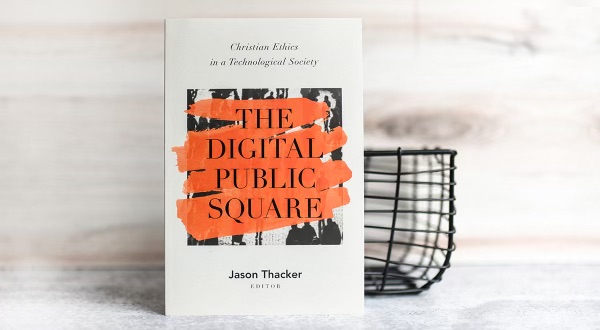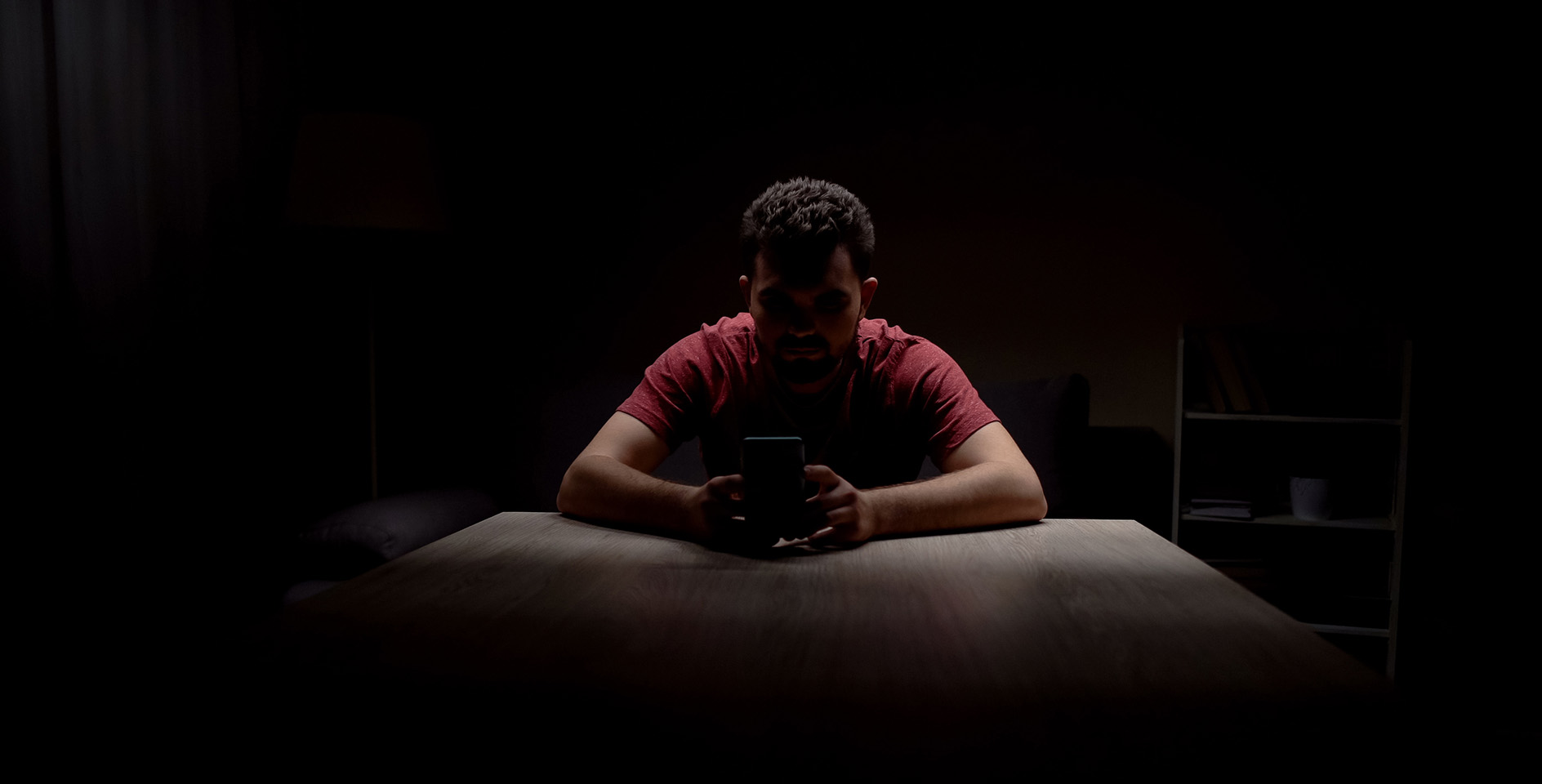Note: This is the fourth and final article in a series on how should Christians think about ‘the news.’ You can find part one here, part two here, and part three here.
In the last article in this series, we looked at why news product destroys wisdom and understanding. To counteract this effect, there are certain things we can do and certain ways we can engage the news so that it doesn’t make us “dumber.” Here are a few suggestions for how to get the most out of your consumption of the news.
Consume less news product
Most news product is the mental and spiritual equivalent of junk food. By consuming less of it we won’t necessarily improve our health, but we can limit its negative effects on us. But what if we miss something? What if we miss out on the conversation everyone is having on Twitter and Facebook? As Neil Postman, the greatest media theorist of the modern age, once said,
[I]f you are concerned that cutting down your viewing time will cause you to “miss” important news, keep this in mind: each day’s TV news consists for the most part, of fifteen examples of the Seven Deadly Sins, with which you are already quite familiar. There may be a couple of stories exemplifying lust, usually four about murder, occasionally one about gluttony, another about envy, and so on. It cannot possibly do you any harm to excuse yourself each week from thirty or forty of these examples. Remember: TV news does not reflect normal, everyday life.
Postman was talking about TV news in particular, but his claim also holds true for the “news” we get from other sources. How much of it is important and worthy of our attention?
Most news product is the mental and spiritual equivalent of junk food.
In 2004, Steve Rubel, a blogger and public relations executive, conducted a news experiment in which he gave up his regular media habits and learned what was going on in the world solely by checking blogs. Rubel claims that he “definitely lacked the depth of knowledge of current events” gained in a normal week. “I felt a little naked,” he says, “having received the basics of the week’s news from blogs, but not getting the real meat.”
What was this “real meat” Rubel missed out on? A friend of his gave him a quiz,
While knowing why President Bush hired a criminal lawyer last week, and the official reasons cited for George Tenet’s resignation from the CIA, Rubel missed actor Daniel Radcliffe’s statement that he thinks his Harry Potter character will die at the end of the J.K. Rowling book series. He didn’t catch ex-Beatle Paul McCartney’s admission that he tried heroin and was a cocaine user. And he missed more obscure stories, such as one of Seattle’s famed monorail trains catching fire.
If you were around in 2004, you probably heard about one or more of the “real meat” stories Rubel missed out on. Would you consider any of them important today? Probably not, because they weren’t all that important when they were reported.
Now think about how much news you consumed that is no longer relevant. We don’t need to go back 14 years to find out. Look back to the news that commanded your attention 14 days ago. How much is still relevant, or even essential to your understanding of the world? Since the useful lifespan of news is so brief, why do we waste so much time on news product?
Never watch cable “reality” shows
Many Christians would be appalled to hear their neighbors spend most of their leisure time watching reality television shows like The Bachelor, Big Brother, or Keeping Up With the Kardashians. Yet we often make an exception for people who spend their evenings watching the cable news equivalent of reality TV, shows like The Rachel Maddow Show, The Ingraham Angle, Last Word With Lawrence O'Donnell, Tucker Carlson Tonight, etc.
If Christians are going to watch trashy reality television, they are better off spending their time watching Top Chef or Pawn Stars than Hannity or All In With Chris Hayes because they’re less likely to be fooled into thinking they’re engaged in useful activity. To quote Postman once again,
The best things on television are its junk, and no one and nothing is seriously threatened by it. Besides, we do not measure a culture by its output of undisguised trivialities but by what it claims as significant. Therein is our problem, for television is at its most trivial and, therefore, most dangerous when its aspirations are high, when it presents itself as a carrier of important cultural conversations. The irony here is that this is what intellectuals and critics are constantly urging television to do.
If you truly want to learn about the world, turn off the talking heads at Fox News, CNN, and MSNBC and go read a book on history or current events (and one that isn’t written by a cable TV host at Fox News, CNN, or MSNBC).
Seek out actionable news
Much of the news we consume either has no direct effect on our lives or is information that we will not act on. While there are some news items we should know because they affect our neighbors, the bulk of our interest should be focused on news information that is actionable, that we can use our input and influence to directly affect. This is why local news is often more important than national news, since there is a greater likelihood that it will be something we can directly engage with.
When you consume local news, think of ways you can turn the news items into practical tasks. Use the local news to uncover the needs and problems in your community so that you can help alleviate suffering or promote worthwhile change. At a minimum, we can take action by praying about the people and events we encounter in the news.
Ask the “eternal question”
A fully developed Christian worldview will lead us to have an eternal perspective, viewing events not only in their historical but also in their eschatological context (i.e., that which will last after the old creation passes away).
Not much news will be of long-term consequence, yet we should frequently seek out news that will matter for all of eternity. This means we can ignore much of the daily news since events that are truly important are rarely those captured on the front page of a daily paper.
Consider what you believe about the news
Which do we consider to be more important for our lives, God’s Word or the news? As Christians, we would say the answer is obvious. But what if someone were asked to determine that answer by observing our habits? What would they conclude?
The uncomfortable reality is that we often spend far more time reading newspapers than reading the Bible, and more time watching cable news than in wisdom-acquiring activities. How would your life differ if you changed your news consumption habits to reflect what you wanted to believe about the value of news in developing wisdom and understanding?







